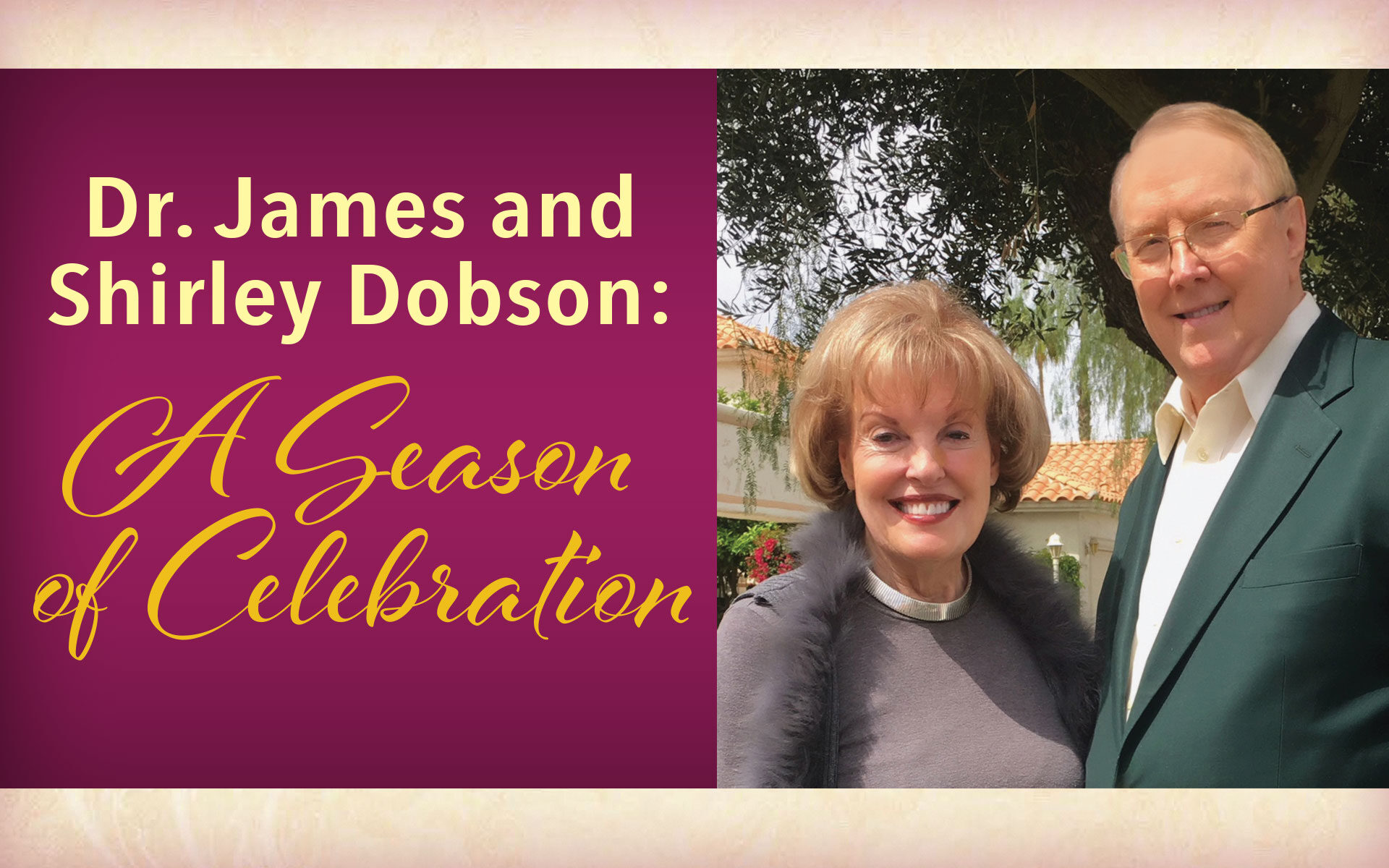Couples in a stress-filled or difficult marriage are often working on repairing arguments and trying to use kinder ways to express their views, while couples in an emotionally destructive marriage hardly ever repair and instead live silently hurting and crushed.
What is the difference between a difficult marriage and an emotionally destructive marriage? How do you know when your marriage has crossed the line and become emotionally destructive? Leslie Vernick works exclusively with men and women in emotionally destructive marriages, so I gleaned from her experience and her book The Emotionally Destructive Marriage for the following points.
Leslie defines emotional abuse, as when a spouse "systematically degrades, diminishes, and can eventually destroy the personhood of the abused…and this behavior is usually accompanied by a lack of awareness, a lack of responsibility, and a lack of change."
The kinds of interactions that mark an emotionally destructive marriage include: when your spouse calls you names, mocks or belittles you, is mean and insensitive, controls and manipulates to get his/her way, doesn't like being questioned, pushes his/her view and coerces you into complying, is easily offended and hurts back, restricts how often you can talk with your family of origin, tries to turn the children against you, says you are of little value and you can't survive without him/her and threatens to cut off resources. And your spouse doesn't see how these ways of relating to you hurt you so deeply.
Spouses who live in an emotionally destructive marriage say they don't bare external bruises and scars, but internally live with unseen wounds not knowing how to stop the damaging interactions or where to find help. They often feel no one really understands how wounding the marriage has been and often receive ineffective encouragement from pastors and friends who say, "What are you doing to upset your spouse?" "All marriages are difficult," "Pray more," "Forgive," "But your spouse seems like such a nice person, aren't you over-reacting?"
Husbands as well as wives can be emotionally destructive in a marriage, and sometimes a couple together can get caught in a destructive cycle. Spouses say that the emotionally destructive interactions accumulated over time, over numerous situations, and eventually begin to tear down their energy and soul. It is not just one event that is hurtful, but the adding up of interactions, like bricks piling up, eventually becoming damaging to their soul and sense of self, making it difficult to live under.
Abigail sat in my counseling office tears running down her cheeks saying, "When my husband is upset with me he sleeps on the couch, tells the children the next morning that 'mommy kicked me out of our bedroom.' He teases the children if they want to play a game with me, and he watches the clock when we are at my parents' house and insists on leaving when he has had enough, even on holidays. He can't let go of any hurt and constantly takes my credit cards away when he is mad at me. Sometimes I believe I am as worthless as he tells me. I don't know how to have a voice in the marriage."
Growing up in a chaotic family with similar destructive tactics made it difficult for Abigail to identify and evaluate her husband's interactions as destructive. She had become isolated and alone in her perspective. Her community of support had grown smaller as the pain in her marriage caused her to withdraw from other couples, and shame kept her from sharing with her girlfriends.
I outline a few points to help you start your journey if you feel you are in an emotionally destructive marriage:
1. It's never okay!
Abuse, whether emotional, physical, sexual or any form, is never okay in any relationship. It is not God's design for marriage for you to 'put up with' any form of abuse. An emotionally destructive marriage was never God's heart.
2. Assess your marriage.
Be willing to face the reality of what is going on in your marriage. Don't put your head in the sand, make excuses, tell yourself you deserve it, or believe you have to put up with it to be a godly wife. When you put up with bad behavior in marriage for the sake of peace or the children, you don't help yourself or your spouse to grow and mature. Don't be afraid of discovering the steps necessary to bring about changes in your marriage.
3. Reach out!
Seek guidance to help you assess your marriage, and to come up with a plan for change. It is true that the first step you take to get help is the scariest step. But reach out to your local church, counselor or hot-line to find information, wisdom and someone who can journey with you.
4. Grow you.
This is a new season for you to face your reality, find your voice, gain an inner strength and centeredness, discern what needs to change and in a supportive community, and discover healthy ways to do it. You will need to know how to set boundaries, how to share your hurts, and ask for change.
5. Stay, separate, or go?
These are good questions and options to consider. There is a time when each option is appropriate, depending upon the circumstances in a marriage. And it varies from marriage to marriage. First, if you are or feel unsafe, consider a strategy to go and get to a safe place with trustworthy people who can help. There are cases when leaving is the only option for safety and healthy reconciliation is not possible. Second, structured and purposeful separation has often provided the space and time for each spouse to heal, change and rebuild trust. Third, many destructive marriages have been repaired. It happens when both spouses are willing to be self-reflective, take responsibility and go on a journey of change. You will discover which route is best for your marriage as you journey with wise support. Know that God sees your struggles, and you are not alone.
This blog is to educate you on the traits common to emotionally destructive relationships, and in no way diagnosing your marriage as such. To do so, we strongly suggest you seek professional counsel with a licensed counselor. Or start with reading Leslie Vernick's book, The Emotionally Destructive Marriage. It is not the end of the world if you think your marriage is destructive, it is the beginning of a new journey, one that will require gaining information, support, and a plan for help and change. God will be there with you as you take your head out of the sand and constructively find ways to grow and understand what it will take to turn your marriage around, take responsibility for your part, and become all God has for you to flourish in life. God is with you.












